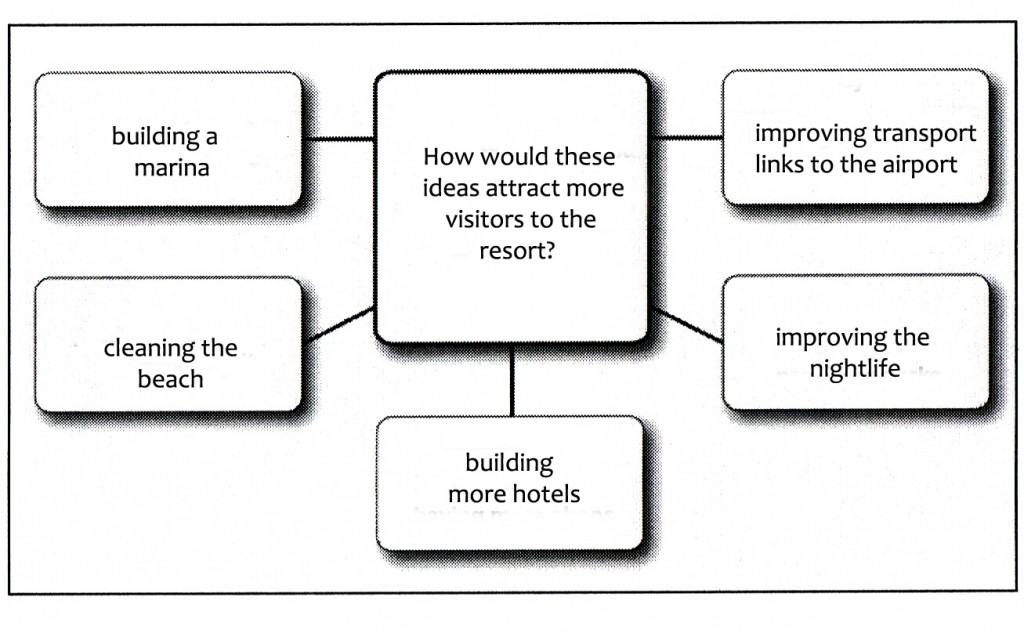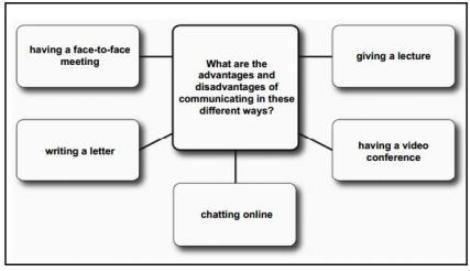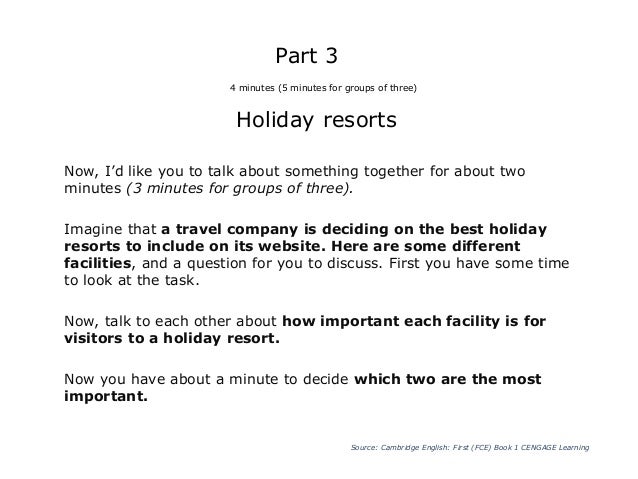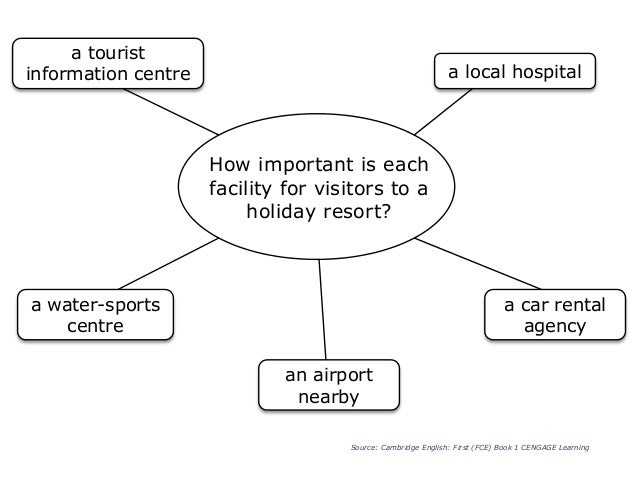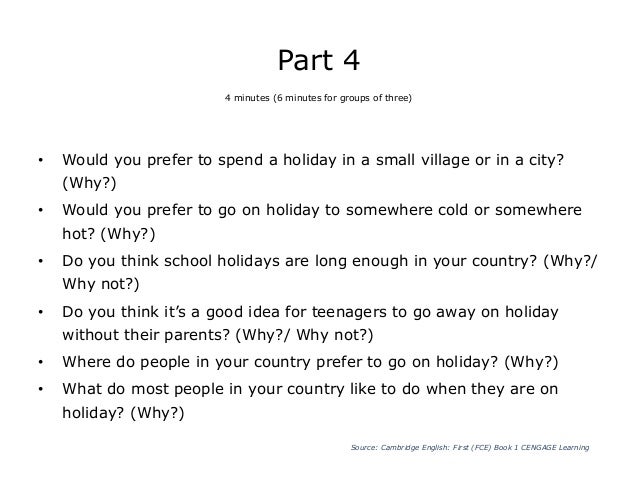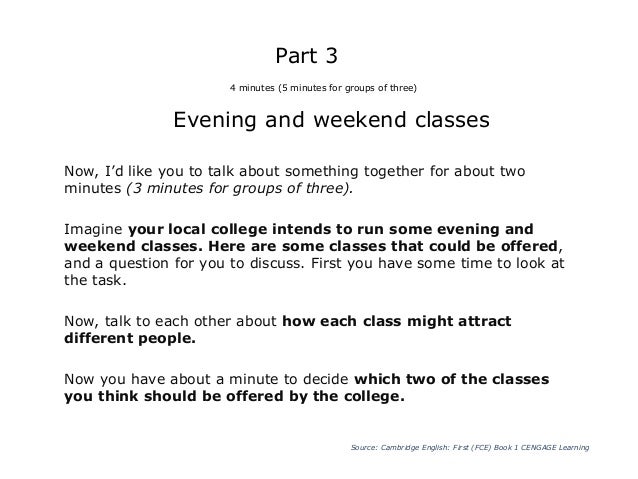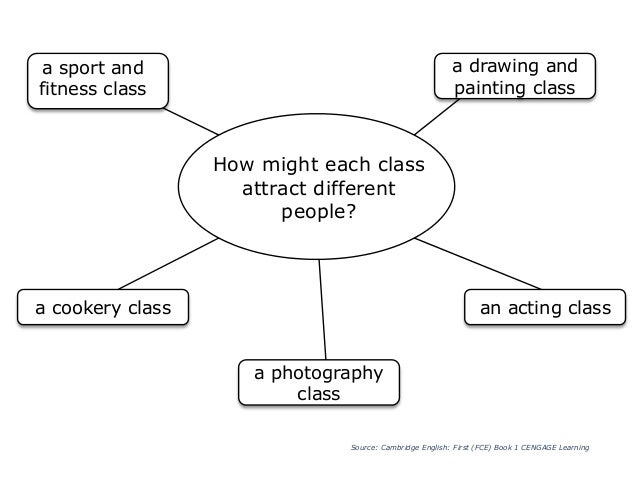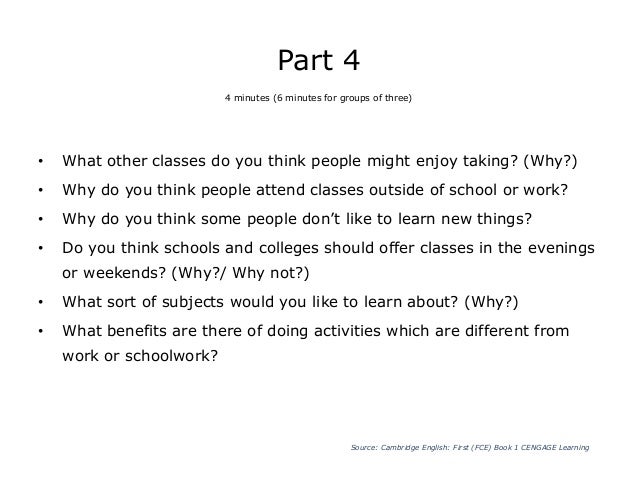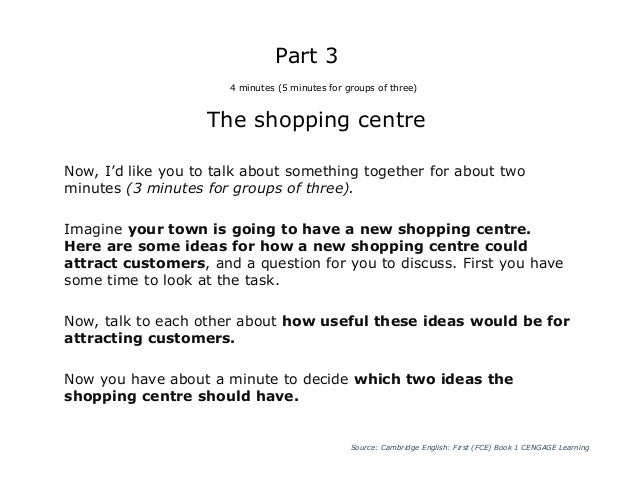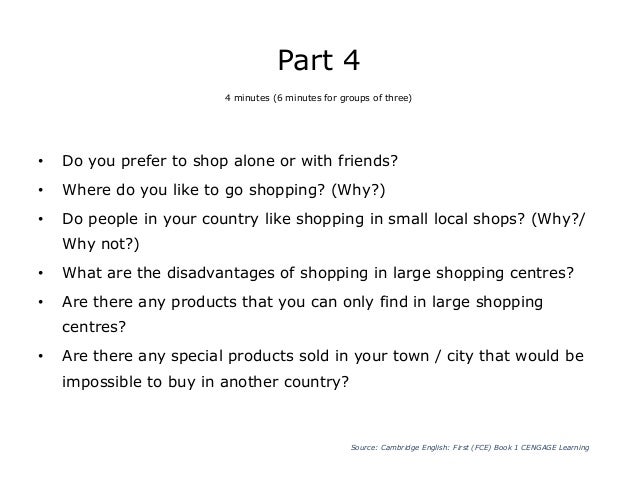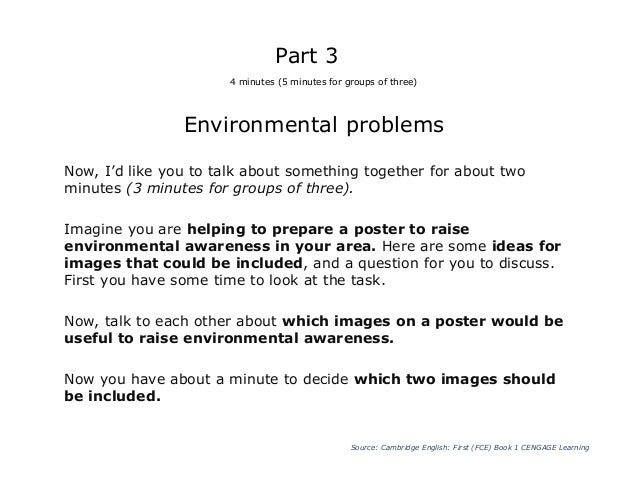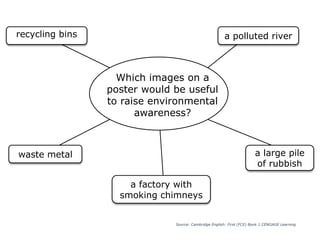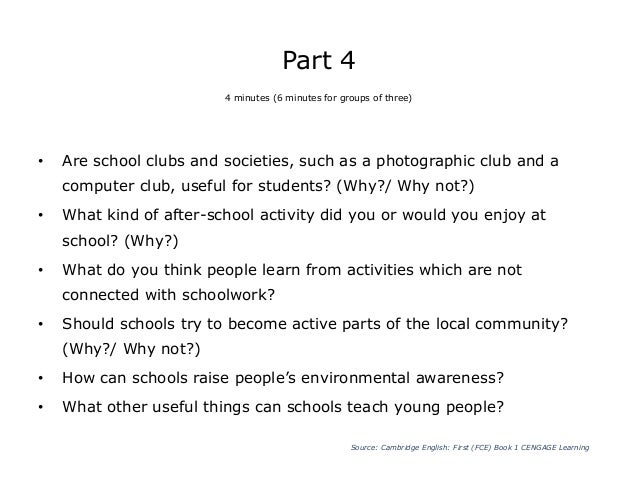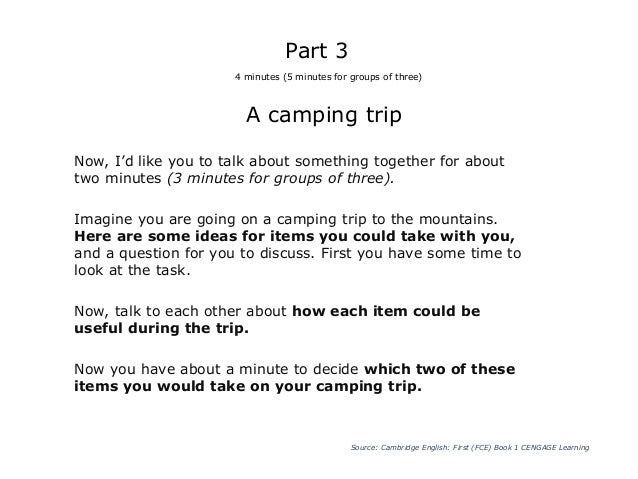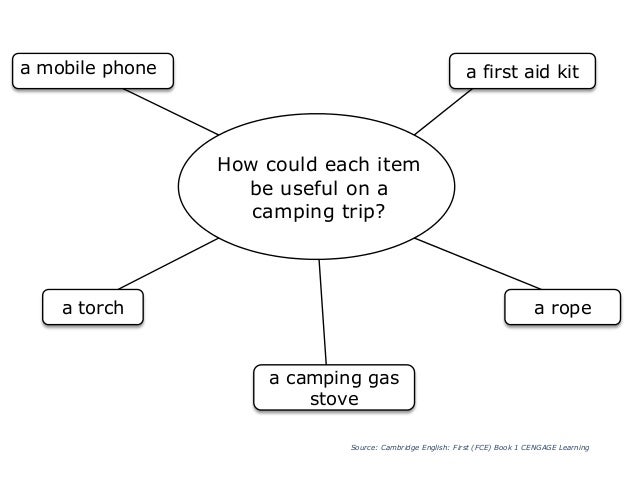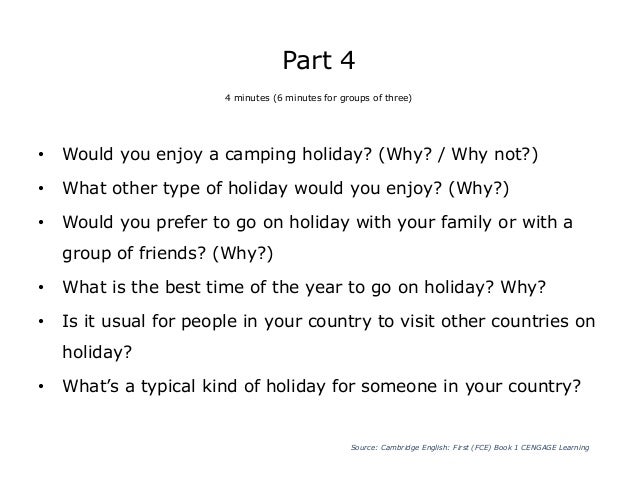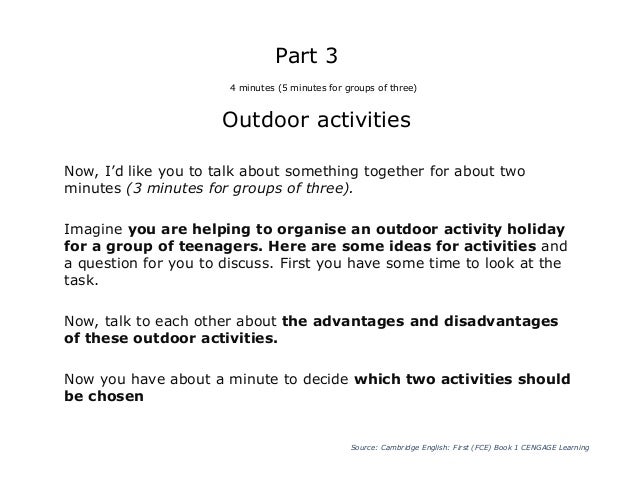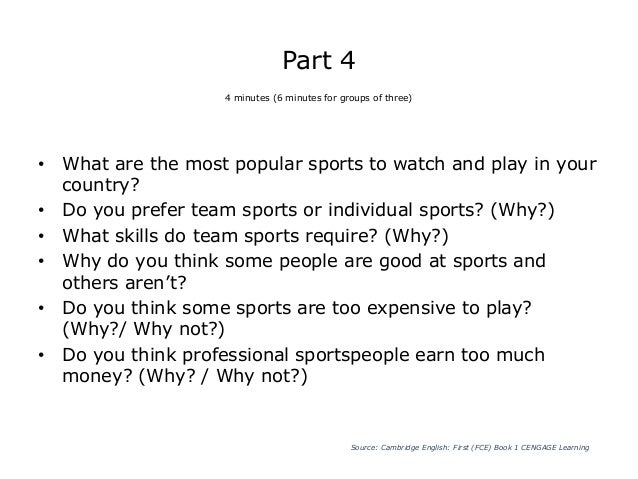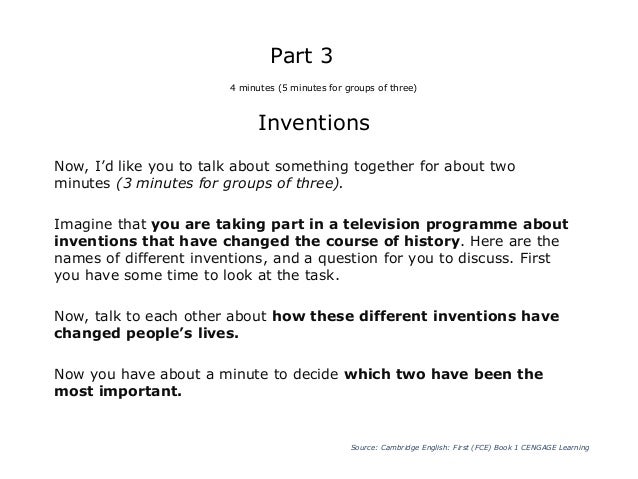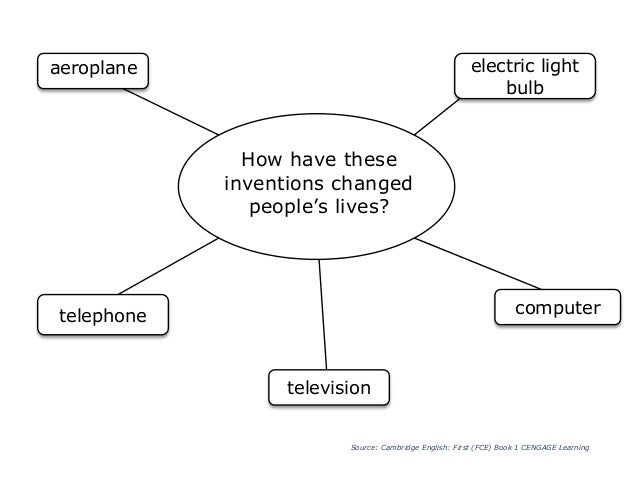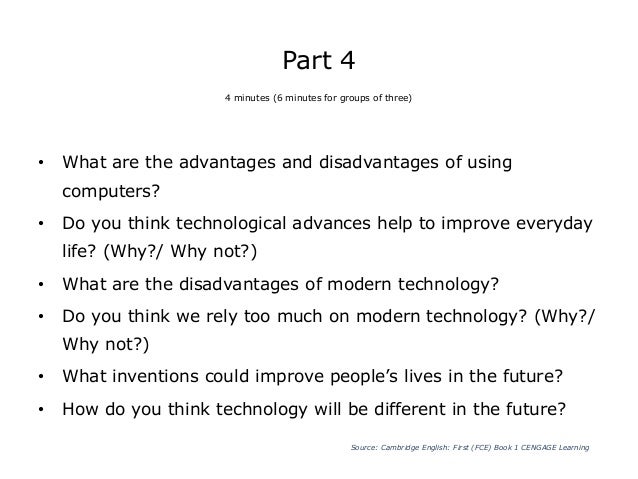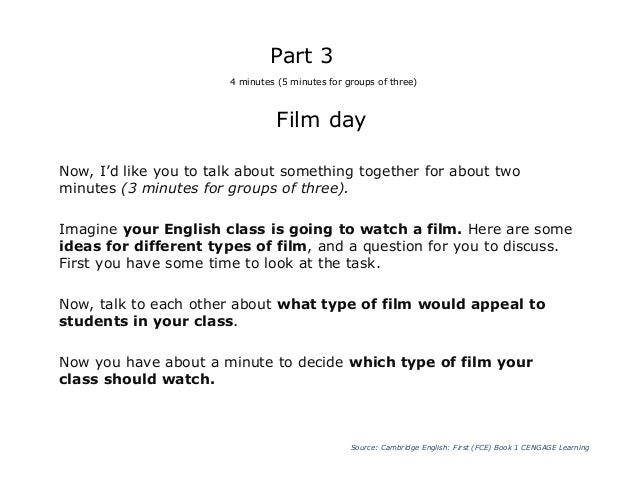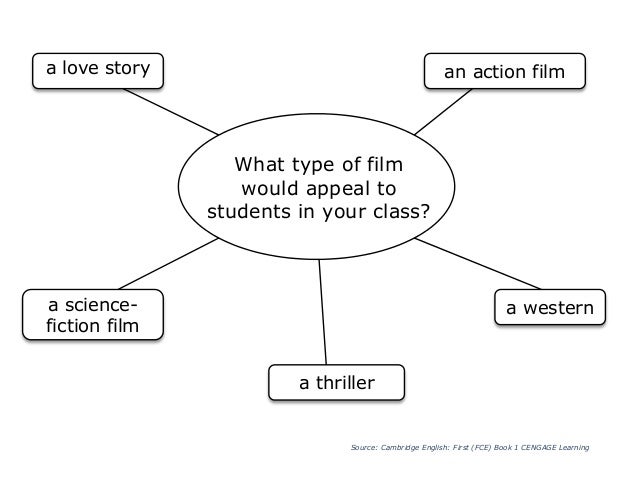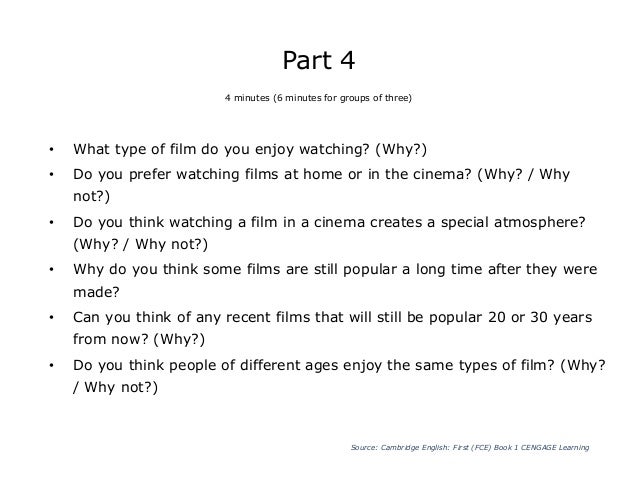Test 3 for FCE2 Homework
Wednesday 27 May 2015
Sunday 26 April 2015
Phrasal Verbs
Phrasal verbs
Phrasal verbs are always tested in the Use of English part of the exam and you will also see them in the reading too. Therefore you need to know what they mean.FCE Phrasal verbs tests:
1. https://quizlet.com/64061806/test?matching=on&mult_choice=on&tf=on&prompt-with=1&limit=20
2. http://www.flo-joe.com/fce/students/strategy/mcclze/pverbs.htm
Monday 20 April 2015
FCE Test homework for 27th/28th April
Monday 13 April 2015
Concessive clauses
Concessive clauses
Powerpoint used in class: here
Although, Though and Even Though
Although Tanya was half asleep, she remembered to set the house alarm.Although, though and even though are subordinators used in contrast clauses. They are also called subordinating conjunctions. They all introduce an idea which contrasts with the main clause. For example:
- Though Tanya was half asleep, she remembered to set the house alarm.
- Even though Tanya was half asleep, she remembered to set the house alarm.
The three subordinators have the same meaning; however, though is more common in informal speech than although. Even though is a stonger form ofalthough and though and is definitely more emphatic than although.
Let's sum it up: If you want to sound informal, choose though instead ofalthough. If you want to sound very emphatic (concession is made more emphatic by using the modifier even), then you can use even thoughinstead of although and though. The three subordinators always come before the subject and verb in a clause. The although/though/even though clause can come before or after the main clause. Another example:
- I didn't get the job as an actor although I had all the necessary qualifications.
While and Whereas
I am quiet and shy ( main clause ), while my sister is lively and talkative.We can use while or whereas, which are subordinating conjunctions, to say that something in the subordinate clause contrasts with something in the main clause. The two subordinators are interchangeable and show major contrast. For example:
- I am quiet and shy ( main clause ), whereas my sister is lively and talkative.
The two sentences above express a contrast between two ideas. As you can see, the subordinating conjunction while is not only used to express time; it can also express contrast. Thewhile/whereas clause can come before or after the main clause. Another example:
- While/Whereas my father is strong and tall, I am short and weak.
While/Whereas can be used to show how one person, thing, or place is different from another.
In spite of and Despite
We can use the prepositions in spite of and despiteto talk about contrast. After them you always have to use a noun, a pronoun, or an -ing form of a verb (gerund). For example:
- In spite of the rain (noun), we started to play basketball.
- Despite the rain (noun), we started to play basketball.
- In spite of having (gerund) a migraine headache, I decided to go out on a date.
- Despite having (gerund) a migraine headache, I decided to go out on a date.
Tuesday 17 March 2015
Extra Practice
Homework for PET and FCE classes
PET 2 morning and evening classes,
Due to only having one class on Tuesday 17th March, your homework is to complete a reading and writing practice test at home. Your are required to bring your answers to class on Tuesday 24th March. For those who wish to practise their listening too, there is a listening test below.
- PET Reading and Writing test - download it here
FCE 2 classes,
Your homework is to complete a full test over easter and you are required to bring the results to the class on Tuesday 7th April or Wednesday 8th April depending on which class you come to.
- FULL FCE Test 1 download it here
- Download the audio files for the listening part: here *UPDATED*
PET 1 class,
- PET Reading and Writing test - download it here
PET 2 class,
- PET Reading, writing and listening test - download it here
- PET Listening audio files here
Extra Exam practice:
Relax over easter, sleep more and have fun but also use your easter holidays wisely ......
You should do some practise for the exam below:
PET
- http://www.englishaula.com/en/pet-exam-cambridge-preliminary-english-test-free-video-lessons-and-exercises.php
- http://www.flo-joe.co.uk/preliminaryenglish/
- http://exams.richmondelt.com/picture/practice_tests/pet/test_1/main.html
- http://www.examenglish.com/PET/index.html
- http://lingoclub.com/games/halfamin/PET/halfamin_objective_pet.html
- http://olpt.s3.amazonaws.com/online-practice-pet/index.html
- http://esl-bits.net/pet.htm
- http://www.cambridgeenglish.org/exams/preliminary-for-schools/how-to-prepare/
- http://www.englishrevealed.co.uk/pet.php#pet
FCE
- http://www.slideshare.net/nguyenhuutrongsang/fce-practice-test-book-3 - A full FCE test book!
- http://www.flo-joe.com/fce/students/tests/tsindex.htm
- http://exams.richmondelt.com/index.php?practice_tests_fce_en
- http://olpt.s3.amazonaws.com/online-practice-fce/index.html
- http://englishaula.com/en/cambridge-first-certificate-in-english-fce-exam-use-of-english.php
- http://www.ompersonal.com.ar/firstcertificate/contenidotematico.htm
- http://www.englishspeaker.com/index%20-%20tests%20.html
- http://www.englishrevealed.co.uk/fce.php#fce
Sunday 1 March 2015
FCE Word Formation
FCE Word Formation rules:
https://onedrive.live.com/redir?resid=9E0697AB12501B56%21148715
FCE Word Formation exercises
https://onedrive.live.com/redir?resid=9E0697AB12501B56%21148714
FCE Word Formation List
https://onedrive.live.com/redir?resid=9E0697AB12501B56%21148717
https://onedrive.live.com/redir?resid=9E0697AB12501B56%21148715
FCE Word Formation exercises
https://onedrive.live.com/redir?resid=9E0697AB12501B56%21148714
FCE Word Formation List
https://onedrive.live.com/redir?resid=9E0697AB12501B56%21148717
Saturday 28 February 2015
FCE Use of English
What is the FCE Use of English test like?The test has four sections and takes 45 minutes:
- Part 1 - multiple choice cloze
- Part 2 - open cloze, text with gaps
- Part 3 - word formation
- Part 4 - key word transformations
How to prepare for the FCE Use of English test
- The Use of English paper tests your knowledge of vocabulary and grammar.
- Read as much as possible, and use a dictionary to help you learn new words
- Use a grammar book to help you understand sentence structure
- Read the instructions carefully before you start each section
- Look at the example question at the beginning of each section
- Correct spelling is necessary. Get into the habit of checking the spelling of words. For example, a common mistake is spelling - WICH ..... No, no, no! W-H-I-C-H is how it should be spelt!
Here is a document that contains 50 exercises to practise with
Phrasal verbs for FCE:
Over 30 photocopiable worksheets, ideal for classroom use or for homework tasks:
Worksheets: Part One: Multiple Choice Cloze
Worksheet 1 Synonyms
Worksheet 2 Collocation
Worksheet 3 Phrasal Verbs
Worksheet 4 Phrases and Expressions
Worksheet 5 Linking Words
Worksheet 2 Collocation
Worksheet 3 Phrasal Verbs
Worksheet 4 Phrases and Expressions
Worksheet 5 Linking Words
Worksheets: Part Two: Open Cloze
Worksheet 1 Parts Of Speech
Worksheet 2 Pronouns/Relative Pronouns
Worksheet 3 Articles/Quantifiers
Worksheet 4 Modal/Auxiliary Verbs
Worksheet 5 Conjunctions
Worksheet 6 Prepositions
Worksheet 7 Sentence level practice
Worksheet 2 Pronouns/Relative Pronouns
Worksheet 3 Articles/Quantifiers
Worksheet 4 Modal/Auxiliary Verbs
Worksheet 5 Conjunctions
Worksheet 6 Prepositions
Worksheet 7 Sentence level practice
Worksheets: Part Three: Word Formation
Worksheet 1 Forming nouns from verbs
Worksheet 2 Forming nouns
Worksheet 3 Forming opposite meanings
Worksheet 4 Forming verbs
Worksheet 5 Forming adjectives & adverbs
Worksheet 6 Difficult spellings
Worksheet 2 Forming nouns
Worksheet 3 Forming opposite meanings
Worksheet 4 Forming verbs
Worksheet 5 Forming adjectives & adverbs
Worksheet 6 Difficult spellings
Worksheets: Part Four: 'Key' Word Transformation
Tuesday 24 February 2015
FCE Unit 19 - Health
Grammar for advice and suggestions:
Should and ought to.
Should and have to have similar meanings and are often interchangeable:
You ought to / should do what you can.
You should /ought to go and see that film. It's really good.
María should have done it / ought to have done it.
You should /ought to go and see that film. It's really good.
María should have done it / ought to have done it.
Advice and obligation.
Should / Ought to + infinitive is used to give strong advice or talk about obligation in the present or future:
She should / ought to leave straight away.
We should / ought to do it now.
They shouldn't / oughtn't to leave tomorrow; they haven't finished yet.
We should / ought to do it now.
They shouldn't / oughtn't to leave tomorrow; they haven't finished yet.
Vocabulary:

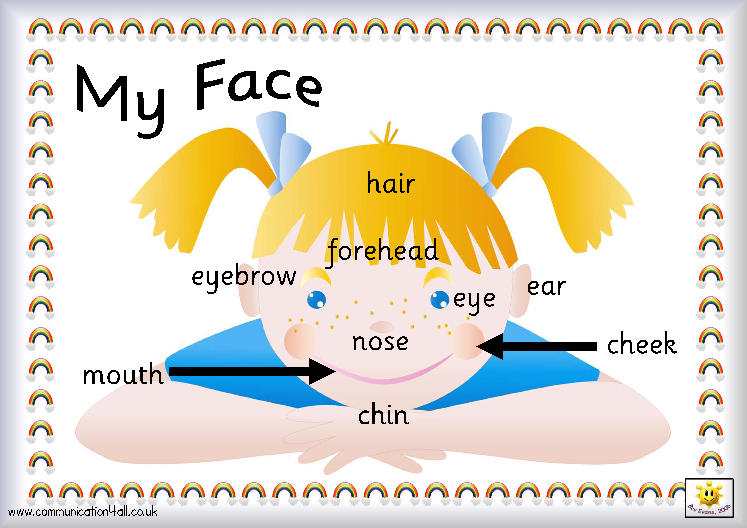
Test your vocabulary:
Friday 20 February 2015
FCE writing for 2015 exam
For the new 2015 FCE exam, writing an essay is compulsory for part 1.
This page shows a very informative video on how to form an essay at FCE level:http://englishaula.com/en/writing-part-2-exam-1-fce-cambridge-first-certificate-english-practice-test-exercise-essay.html
An easy way to understand ESSAY WRITING is as follows:
SAY WHAT YOU ARE GOING TO SAY - THE INTRODUCTION.
SAY WHAT YOU WANT TO SAY - THE DEVELOPMENT.
SAY WHAT YOU JUST SAID - THE CONCLUSION
Es muy importante en el ensayo conectar los argumentos en un orden determinado.
Te dejo ejemplos de frases que te serán útiles para este propósito.
- Many people/Some people argue... Mucha gente, alguna gente argumenta....
Es muy importante en el ensayo conectar los argumentos en un orden determinado.
Te dejo ejemplos de frases que te serán útiles para este propósito.
- Many people/Some people argue... Mucha gente, alguna gente argumenta....
- It is often said.. Se dice frecuentemente que...
- However, in my opinion view ...No obstante, en mi opinión...
- Firstly, it is true (clear) that... En primer lugar, es verdad (está claro) que....
- While it is true that...Aunque es verdad que...
- On the one hand, and on the other hand
(Cuidado: utilízalo siempre para contrastar opiniones desde dos ángulos distintos (no iguales).
For example: On the one hand it is true that most teenagers watch videos all day,
but on the other hand they learn many new skills through those videos.
Por un lado, es verdad que la mayoría de los adolescentes
(Cuidado: utilízalo siempre para contrastar opiniones desde dos ángulos distintos (no iguales).
For example: On the one hand it is true that most teenagers watch videos all day,
but on the other hand they learn many new skills through those videos.
Por un lado, es verdad que la mayoría de los adolescentes
ven vídeos todo el día, pero por otro lado, aprenden nuevas habilidades a través de esos vídeos).
- Finally, it is important to take into account that.... Finalmente es importante tener en cuenta que...
Important page: FCE Essay writing exaplined in spanish
Dos and DONTs: http://www.rubenvalero.com/english/content/dos-and-donts
Useful words and phrases:
Writing an essay for FCE important points
How to write articles, reports and letters for Part 2 of FCE writing exam here
FCE Unit 18 - Books
Vocabulary
Grammar
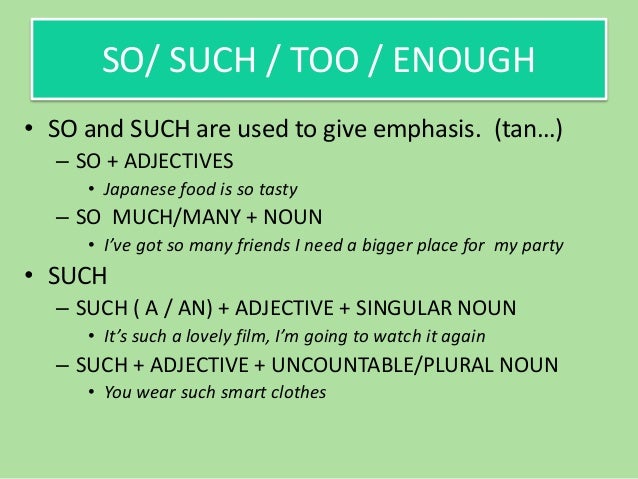
Grammar

TOO / ENOUGH
Too and Enough are used with adjectives and indicate degree. Here we have provide you the different usages of Too and Enough, So and Such.
A. Too means ‘more is necessary or desirable.’
1. To + adjective / adverb
Ex: This jumper’s too big. Can I try a smaller size?
2. Too much / Too many (+ noun)
Ex: I can’t eat this. There is too much salt in it.
Ex: There are too many people here. Let’s go outside.
3. Too + adverb / adjective (+ for + object) + infinitive
Ex: It’s too cold to play tennis today.
Ex: He spoke too quickly for me to understand him.
B. Enough means ‘as much as is necessary’
1. Adjective / Adverb + enough
Ex: Are you warm enough or shall I turn the heating on?
2. Enough + noun
Ex: We’ll have to stand because there aren’t enough chairs.
3. Enough (+ for + object) + infinitive with to
Ex: I haven’t got enough time to see you today.
EXERCISE 1
EXERCISE 2
EXERCISE 3
EXERCISE 4
EXERCISE 1
EXERCISE 2
EXERCISE 3
EXERCISE 4
So / such
These ‘intensifiers’ are used to give emphasis.A. So is used before:
1. adjectives and adverbs without nouns.
Ex: I’m so tired. I’ll have to go to bed.
2. much, many, little, few
Ex: You shouldn’t eat so much, Jack.
B. Such is used with or without an adjective before:
1. singular countable nouns ( the indefinite article a/an is also needed).
Ex: She’s got such a wonderful voice.
2. uncountable nouns and plural countable nouns (the article is not needed).
Ex: Our neighbors are such friendly people.
C. So and such can both be used with a that clause to talk about the results or consequences.
Ex: It was such a boring place that we decided to leave.
Ex: It was raining so hard we had to stop the car.
EXERCISE 1
EXERCISE 2
EXERCISE 3
EXERCISE 4
PRACTICE MORE:
GRAMMAR AND EXERCISES
EXERCISE 5
EXERCISE 6
EXERCISE 7
EXERCISE 1
EXERCISE 2
EXERCISE 3
EXERCISE 4
PRACTICE MORE:
Wednesday 4 February 2015
FCE Writing question for homework
FCE Writing Question:
You have received the following letter from your English-speaking friend.
You have received the following letter from your English-speaking friend.
| .............Thanks for inviting me to stay with you when I visit your country next month. I'm not sure how to get to your apartment from the airport. Could you write back giving me some basic instructions? What would be the best method of transport for me? I'd prefer one that isn't too expensive! Just one other thing - what will the weather be like when I get there? (Just so I'll know what clothes to pack!) ......... | ||
Write your letter of reply to your friend (around 120-180 words).
Saturday 24 January 2015
FCE Exam Update 2015
From January 2015 the Cambridge FCE exam has changed.
Here is some useful information to look at so you are aware of the changes.
CHANGES TO CAMBRIDGE ENGLISH. FCE 2015
From January 2015, Cambridge English: First will have new specifications. Cambridge English: First is at Level B2 on the CEFR. It can be taken as a computer-based or a paper-based exam. It uses real-life situations that are designed to help your students communicate more effectively and learn the language skills to use everyday written and spoken English for work and study purposes.
Changes to exam at a glance
These are the key changes to the Cambridge English: First exam that will be introduced in January 2015.
Description Current version Revised version (2015)
Format Five papers Four papers
Timing 3 hours 59 minutes 3 hours 29 minutes
Number of Parts 17 17
Number of questions 104 84
· The Reading and Use of English papers have been combined.
· The revised paper takes 1 hour 15 minutes, which is 30 minutes shorter than the current Reading and Use of English papers combined.
· All the task types from both papers have been kept but the number of items in each task has been reduced.
· From 2015, there will be 7 parts and 52 questions.
· Use of English tasks come before Reading tasks so that there is a clear progression from a focus at word and sentence level to a focus on whole text content and structure.
Writing
· The compulsory Part 1 question is now an essay rather than an email or letter.
· The word count for both parts has increased to 140–190 words.
· In Part 2, candidates now choose from three questions rather than five, and candidates can decide to write an article, a report, a review or an email/letter.
· There will no longer be questions on set texts.
Listening
· All the current listening tasks are retained.
· In Part 1 the options are now not read out.
· In the Part 3 question there are now two additional distractors – so there are three distractors in all.
Speaking
· Overall the revised Speaking paper takes the same length of time and has the same number of parts and tasks but there are changes to each part.
· In Part 1, the timing has reduced from 3 minutes to 2 minutes.
· In Part 2, the candidate response time has increased from 20 seconds to 30 seconds
· In Part 3, the picture prompts are replaced with written prompts. The task is now split into two to include a discussion phase and a decision-making phase.
· The Part 4 timing has increased by one minute.
------------------------
Information on the 2014 exam and how it is now for the 2015 exam:
http://www.flo-joe.com/fce/students/FCE_2015_guide.pdf
Cambridge FCE 2015 handbook with sample paper included:
http://www.cambridgeenglish.org/images/cambridge-english-first-handbook-2015.pdf
Speaking exam 2015 videos:
https://www.youtube.com/watch?v=-tqeI9t4x9E
https://www.youtube.com/watch?v=EdeZp0n0JHw
FCE PAPER
Changes in part 1:
https://www.youtube.com/watch?v=lSeDkDOThFc
Changes in part 2:
https://www.youtube.com/watch?v=0bPHi8jt9I4
Changes in part 3:
https://www.youtube.com/watch?v=O3OgBU7GA5c
Changes in part 4:
https://www.youtube.com/watch?v=IMt7ZNHWGqk
Monday 12 January 2015
FCE2 - Unit 17
Relative clauses
Monday/Tuesday's powerpoint on relative clauses is here
Extra exercises:
http://www.perfect-english-grammar.com/relative-clauses-exercise-1.html
http://www.perfect-english-grammar.com/relative-clauses-exercise-2.html
http://www.perfect-english-grammar.com/relative-clauses-exercise-3.html
http://www.perfect-english-grammar.com/relative-clauses-exercise-4.html
http://www.ego4u.com/en/cram-up/grammar/relative-clauses/exercises?07
http://www.e-grammar.org/relative-clauses/test1-exercise1/
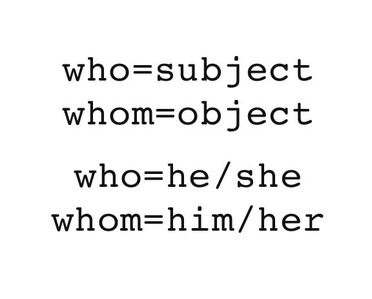
Monday/Tuesday's powerpoint on relative clauses is here
Defining and Non-defining
A defining relative clause tells which noun we are talking about:
- I like the woman who lives next door.
(If I don't say 'who lives next door', then we don't know which woman I mean).
A non-defining relative clause gives us extra information about something. We don't need this information to understand the sentence.
- I live in London, which has some fantastic parks.
(Everybody knows where London is, so 'which has some fantastic parks' is extra information).
Extra exercises:
http://www.perfect-english-grammar.com/relative-clauses-exercise-1.html
http://www.perfect-english-grammar.com/relative-clauses-exercise-2.html
http://www.perfect-english-grammar.com/relative-clauses-exercise-3.html
http://www.perfect-english-grammar.com/relative-clauses-exercise-4.html
http://www.ego4u.com/en/cram-up/grammar/relative-clauses/exercises?07
http://www.e-grammar.org/relative-clauses/test1-exercise1/
Who, Whom and Whose

This is the worksheet we used in class
Subscribe to:
Posts (Atom)




